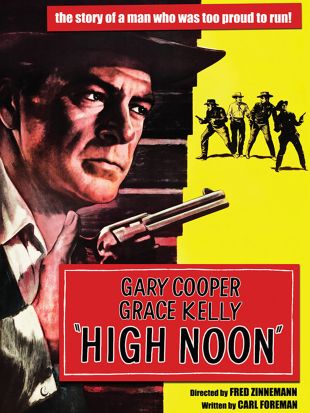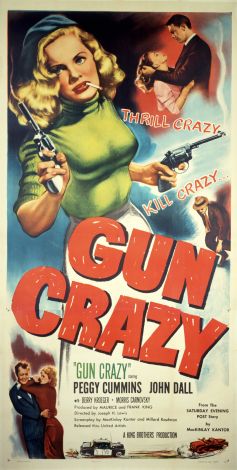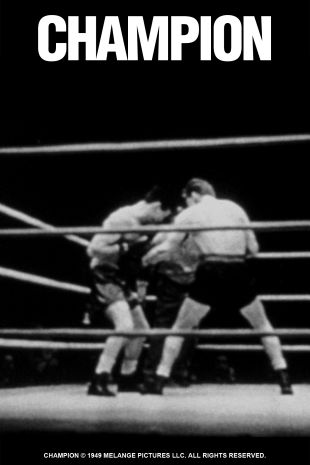Harry Gerstad was a two-time Oscar-winning film editor who also contributed to television, both as an editor and director, during the 1950s. The son of silent-era cinematographer Harry W. Gerstad, he was born Harry Donald Gerstad in 1909 (though he later took his father's name), and joined the film industry at age 20 working in the laboratory at Hal Roach Studios, and later moved to Warner Bros. and Republic Pictures. By the mid-'40s, Gerstad was editing movies at RKO, beginning officially with that studio's high-profile drama Till the End of Time (1946). His other early credits included The Spiral Staircase and Crossfire (1947), the latter directed by Edward Dmytryk, and the Anglo-American co-production So Well Remembered. Gerstad left RKO in 1948, and, after working on the low-budget dinosaur/adventure movie Unknown Island (1948) at Pathe, began his association with producer Stanley Kramer with the drama Champion (1949), starring Kirk Douglas. Gerstad won an Oscar for his editing of that movie, which had more to do with its ultimate success than Mark Robson's direction (significantly, Gerstad won his Oscar, while Robson wasn't even nominated as a director). Gerstad also edited Kramer's production of Home of the Brave (1949), and over the next several years was associated with a string of highly acclaimed and successful feature films for Kramer and others -- he edited Kurt Neumann's Rocketship X-M, Joseph H. Lewis' Gun Crazy (1949), and Kramer's productions of The Men and Cyrano De Bergerac (both 1950), and High Noon (1952), winning his second Oscar (shared with co-editor Elmo Williams) for the latter film. Gerstad remained associated with Kramer during the producer's stay at Columbia Pictures, where he was responsible for editing Death of a Salesman, The Member of the Wedding, The Sniper, and The 5,000 Fingers of Dr. T. In 1953 onward, however, Gerstad moved to television, where producers working on filmed programming (then a new phenomenon, distinct from live programming) suddenly had a need of talented film editors. Gerstad joined the production crew of The Adventures of Superman television series (which also employed his fellow Stanley Kramer alumnus Clem Beauchamp, Frank Capra cinematographer Joseph Biroc, and Republic Pictures veteran Barney Sarecky) for the 1953 season and became a key contributor to the series' longevity -- he put together the low-budget but well-shot action sequences into a seamless whole, which helped those episodes endure in popularity for 50 years or more. During the mid-'50s, he also worked on the Ziv-TV series Highway Patrol, and Gerstad also later moved into the director's chair, on 15 episodes of The Adventures of Superman and installments of Highway Patrol, and for the feature 13 Fighting Men (1960). At the end of the 1950s, he returned to editing feature films, working on such wide-ranging material as the horror film The Alligator People (1959) and Walk on the Wild Side (1962). By the middle of the decade he was moving between movies and television again, employed by John Wayne's Batjac Productions on The War Wagon and, later, Big Jake, and for Bing Crosby Productions -- he was involved in series such as Ben Casey and The High Chaparral. Gerstad's last two editing credits were for the action thrillers Walking Tall (1973) and Framed (1975). He retired in the mid-'70s.
Harry Gerstad
Share on


